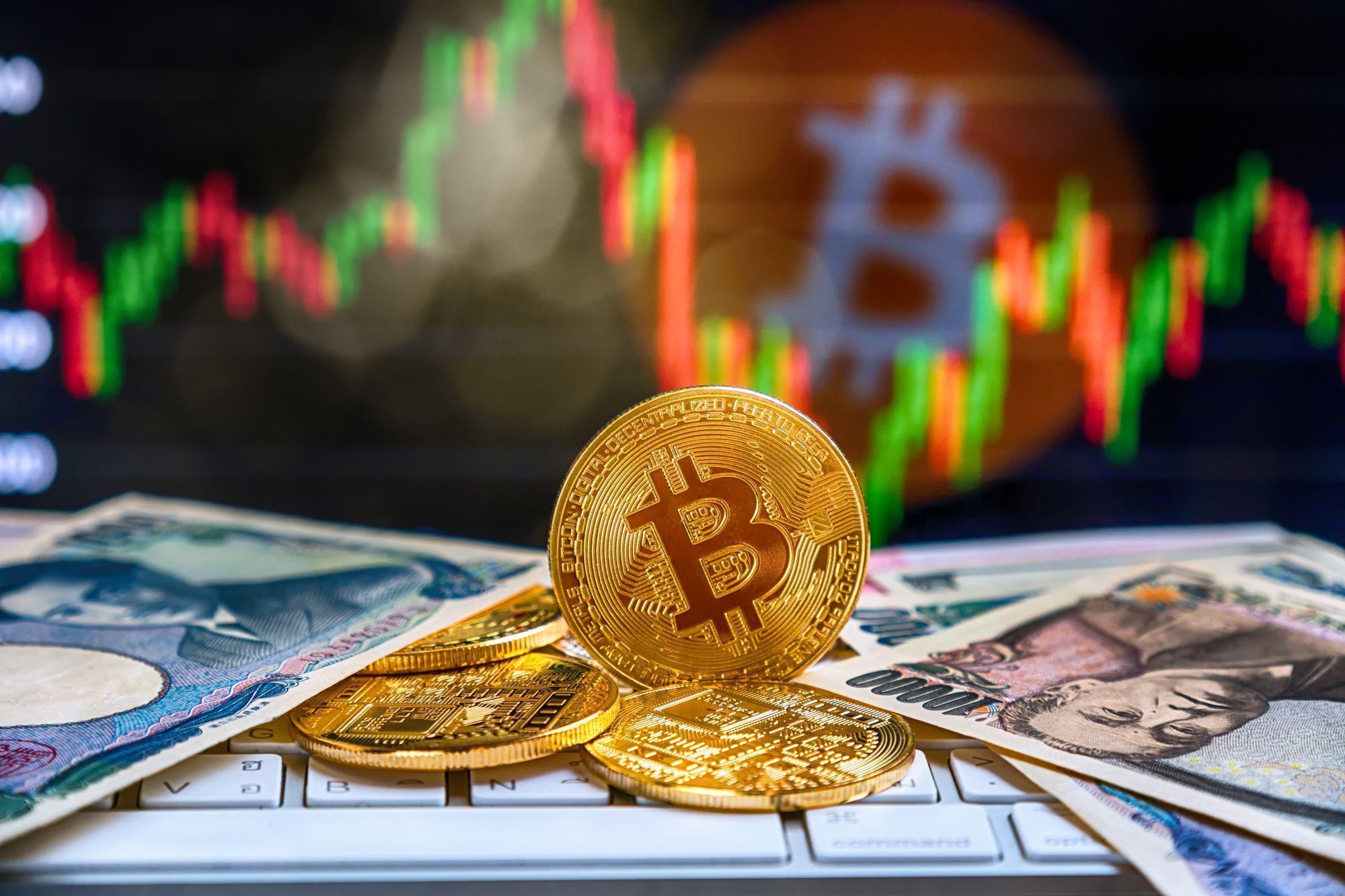AI Boom or Bubble? OpenAI CEO Sam Altman Warns: Market Frenzy Masks Valuation Risks

TradingKey - OpenAI CEO Sam Altman has publicly stated that the current artificial intelligence market is in a “bubble” phase, sparking widespread attention across the tech and investment communities. In an interview with The Verge, he affirmed the view that “we are in a phase of excessive investor excitement about AI.” However, he emphasized that AI remains “the most important thing to happen in a very long time,” noting that a bubble does not negate its long-term transformative potential.
Altman compared today’s AI boom to the late-1990s internet bubble, highlighting a key similarity: while massive capital is flooding in, only a small number of companies will ultimately deliver sustainable value.
Other prominent figures have echoed similar concerns. Joseph Tsai, co-founder of Alibaba; Ray Dalio of Bridgewater Associates; and Apollo economist Torsten Sløk have all issued warnings. Sløk argued that the current AI bubble’s valuation levels have already surpassed those of the dot-com era.
Despite the overheated market, Altman remains committed to OpenAI’s aggressive expansion. He revealed that the company’s annualized recurring revenue (ARR) is on track to exceed $20 billion this year, though it remains unprofitable. The recent launch of GPT-5 faced criticism over poor user experience, forcing OpenAI to restore access to GPT-4 for paying users — a sign of the challenges in real-world deployment.
He also suggested that the concept of Artificial General Intelligence (AGI) is “losing relevance,” hinting at a strategic pivot from grand visions toward more practical, near-term applications. At the same time, OpenAI is rapidly expanding into data centers, consumer hardware, brain-computer interfaces, and even social media. Altman even stated that if Google were forced to sell Chrome, OpenAI would be interested in acquiring it.
Market confidence in OpenAI remains strong. CNBC confirmed the company is preparing a secondary share sale of around $6 billion, with its valuation now reaching $500 billion — a significant jump from the $300 billion valuation in its March funding round.
However, as speculative capital floods into AI startups with weak fundamentals, the sector faces growing risks of localized overheating. Constellation Research analyst Holger Mueller noted that while the underlying AI supply chain remains robust, “more and more money is chasing increasingly premature expectations,” urging caution over potential valuation corrections.
Looking ahead, analysts believe that once the current AI frenzy cools, capital will shift toward companies with strong fundamentals, proven business models, and sustainable profitability. AI startups that fail to differentiate themselves may find themselves left behind as the market returns to rationality.







